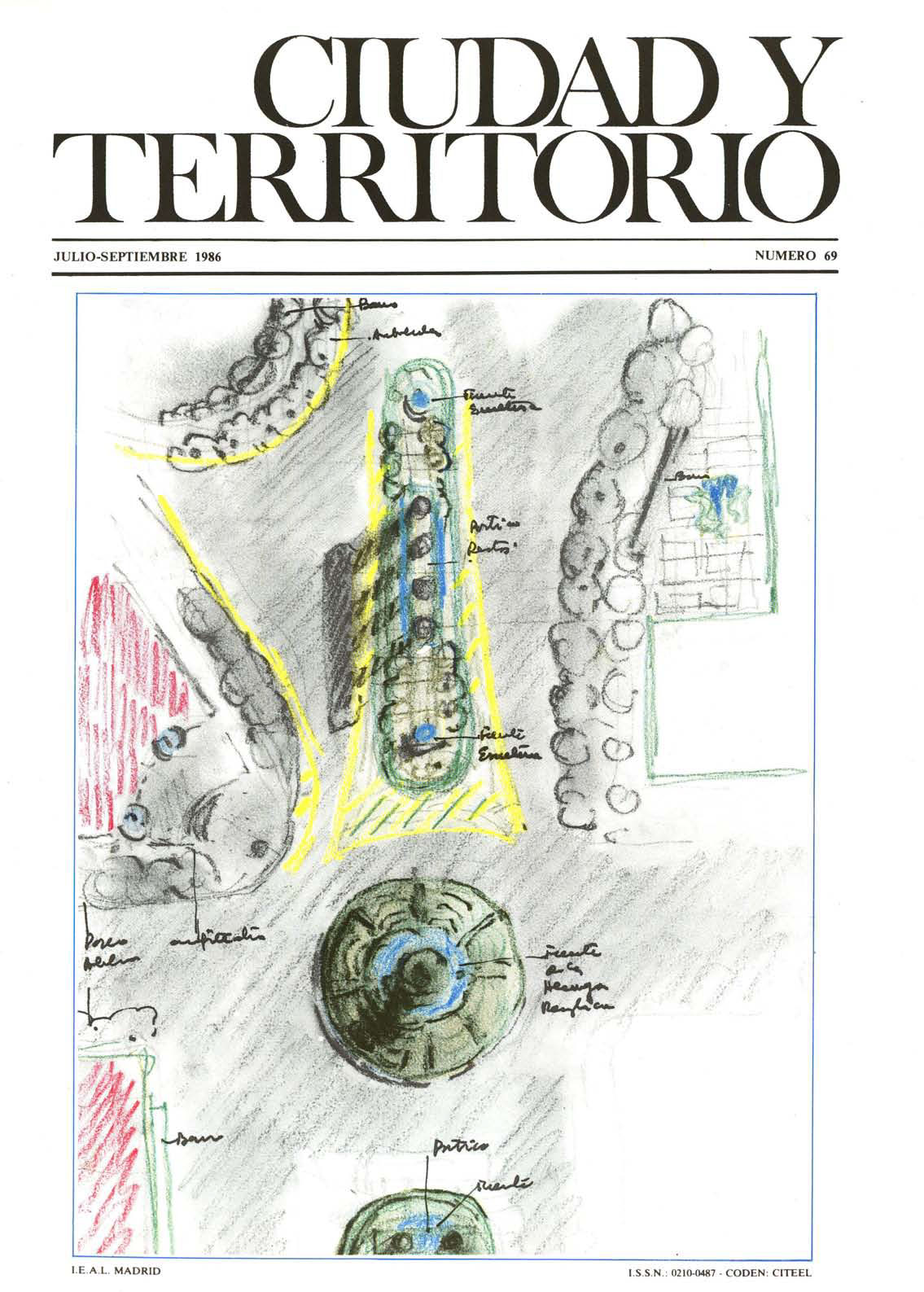Nicaragua: The housing policy of the sandinist government
Abstract
GRN has a frightful housing shortage. There is popular demand for the development of a new housing policy. Furthermore needs are greater than the economic and construction capacity to meet them. However, precise forms of access to building ground and housing for the poor masses are beginning to be found. With the elimination of speculation, builders have suffered a heavy blow. The new housing policy will be flexible and better able to meet the needs of the poor. This however will not eliminate shanty dwellings, as the investments allocated to the rehousing of displaced peasants have been used for the war against the Contra. Since 1983 the sucesses of the first few years have disappeared due to the expense of the war and the pressure and blookade exercised by the U.S.A. In 1985 MINVAH was only able to rehouse those left homeless by the war. The housing problem is getting worse.
Downloads
Downloads
Published
How to Cite
Issue
Section
License
Copyright (c) 1986 José Luis Alonso Santos

This work is licensed under a Creative Commons Attribution-NonCommercial-NoDerivatives 4.0 International License.
Considering the provisions of the current legislation on Intellectual Property, and in accordance with them, all authors publishing in CyTET give -in a non-exclusive way and without time limit- to the Ministry of Transport, Mobility and Urban Agenda the rights to disseminate, reproduce, communicate and distribute in any current or future format, on paper or electronic, the original or derived version of their work under a Creative Commons Attribution-NonCommercial-NoDerivative 4.0 license International (CC BY-NC-ND 4.0), as well as to include or assign to third parties the inclusion of its content in national and international indexes, repositories and databases, with reference and recognition in any case of its authorship.
In addition, when sending the work, the author(s) declares that it is an original work in which the sources that have been used are recognized, committing to respect the scientific evidence, to no longer modify the original data and to verify or refute its hypothesis. Author(s) also declare that the essential content of the work has not been previously published nor will it be published in any other publication while it is under evaluation by CyTET; and that it has not been simultaneously sent to another journal.
Authors must sign a Transfer of Rights Form, which will be sent to them from the CyTET Secretariat once the article is accepted for publication.
With the aim of promoting the dissemination of knowledge, CyTET joins the Open Journal Access (OA) movement and delivers all of its content to various national and international indexes, repositories and databases under this protocol; therefore, the submission of a work to be published in the journal presupposes the explicit acceptance by the author of this distribution method.
Authors are encouraged to reproduce and host their work published in CyTET in institutional repositories, web pages, etc. with the intention of contributing to the improvement of the transfer of knowledge and the citation of said works.








 Enlace a CyTET en Linkedin
Enlace a CyTET en Linkedin